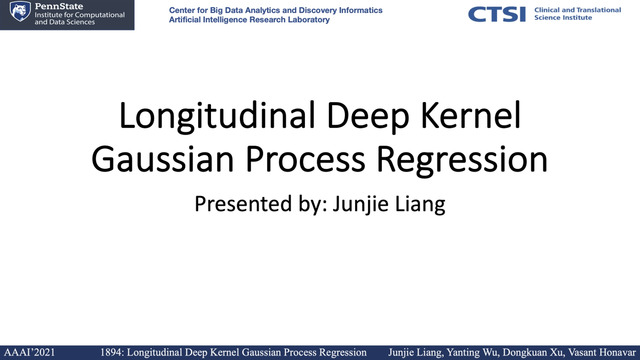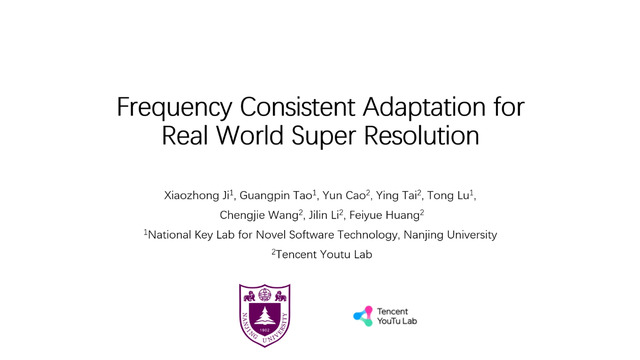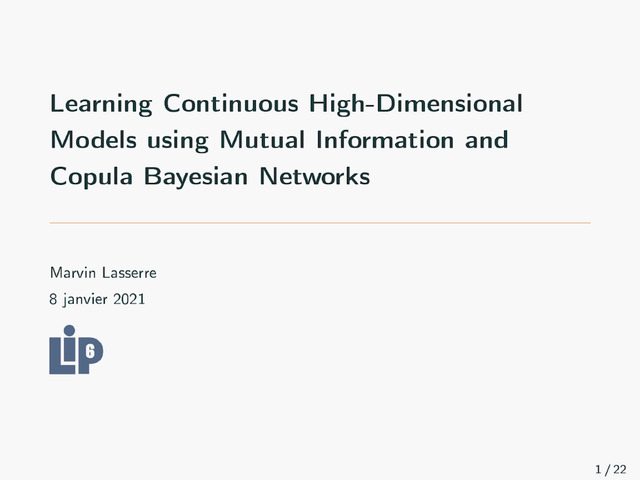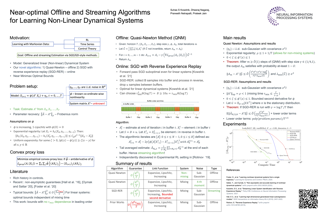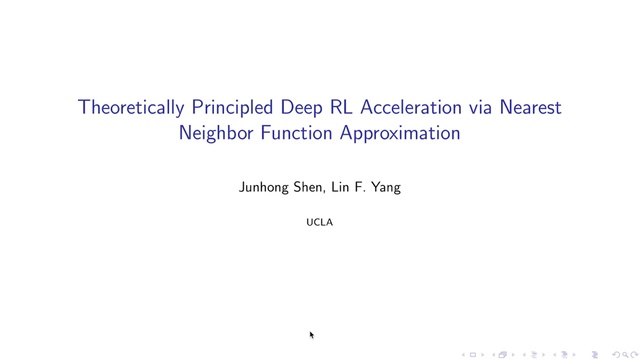Abstract:
We consider the problem of estimating a linear time-invariant (LTI) dynamical system from a single trajectory via streaming algorithms, which is encountered in several applications including reinforcement learning (RL) and time-series analysis. While the LTI system estimation problem is well-studied in the {\em offline} setting, the practically important streaming/online setting has received little attention. Standard streaming methods like stochastic gradient descent (SGD) are unlikely to work since streaming points can be highly correlated. In this work, we propose a novel streaming algorithm, SGD with Reverse Experience Replay (SGD-RER), that is inspired by the experience replay (ER) technique popular in the RL literature. SGD-RER divides data into small buffers and runs SGD backwards on the data stored in the individual buffers. We show that this algorithm exactly deconstructs the dependency structure and obtains information theoretically optimal guarantees for both parameter error and prediction error. Thus, we provide the first -- to the best of our knowledge -- optimal SGD-style algorithm for the classical problem of linear system identification with a first order oracle. Furthermore, SGD-RER can be applied to more general settings like sparse LTI identification with known sparsity pattern, and non-linear dynamical systems. Our work demonstrates that the knowledge of data dependency structure can aid us in designing statistically and computationally efficient algorithms which can ``decorrelate'' streaming samples.








